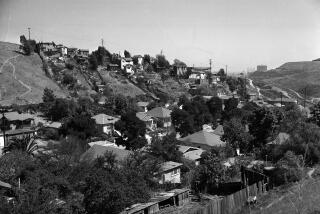Letters to the Editor: The Salton Sea is a man-made accident. Efforts to save it should consider that

- Share via
To the editor: I believe it’s disingenuous to write about the drying Salton Sea without including the fact that the desert lake is not a naturally occurring body of water. (“As California farms use less Colorado River water, worries grow over shrinking Salton Sea,” Oct. 13)
This is what the California Department of Fish and Wildlife says about the lake: “The current Salton Sea was formed when Colorado River floodwater breached an irrigation canal being constructed in the Imperial Valley in 1905 and flowed into the Salton Sink.”
While true, the article’s statement that the “Salton Sea, California’s largest lake, has long been fed by agricultural runoff,” does not tell anyone that that runoff is the sole source (aside from scarce rainfall) of replenishment for this man-made, accidentally created lake, and that water is notoriously toxic.
Whatever the arguments for or against maintaining this accident from 1905, not pointing out the reality of its existence seems like an oversight.
Maurice Chauvet, Venice
..
To the editor: There is an endless source of water that could replenish the Salton Sea. The Salton Sea is 234 feet below sea level.
The New River — consisting mostly of wastewater and agricultural runoff — flows from Mexicali, Mexico, to the Salton Sea. Mexicali is about 25 feet above sea level. The Sea of Cortez is fewer than 100 miles from Mexicali.
Richard Melniker, Los Angeles







